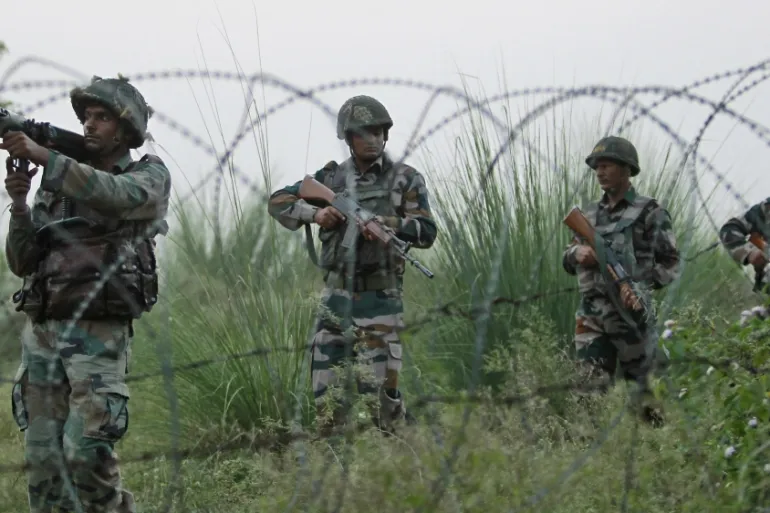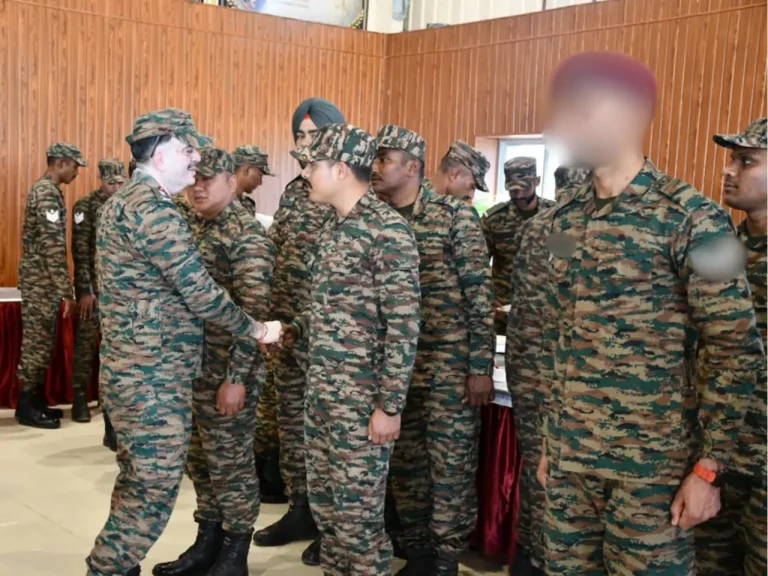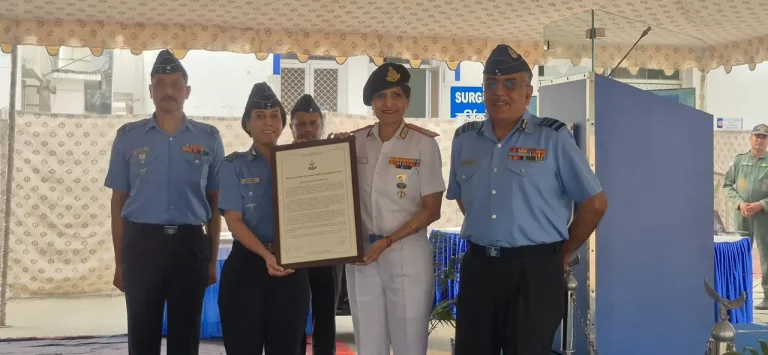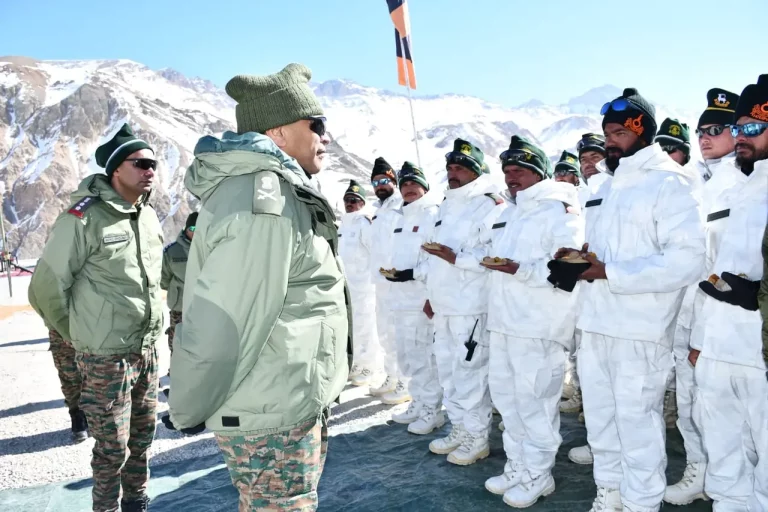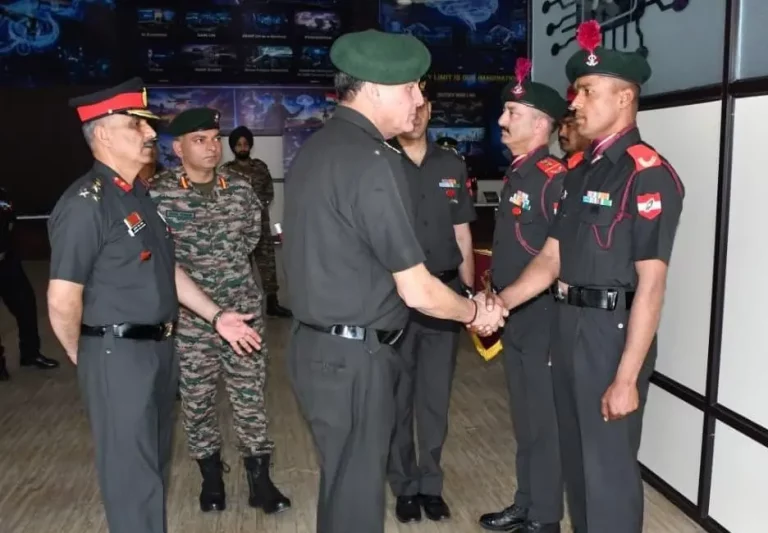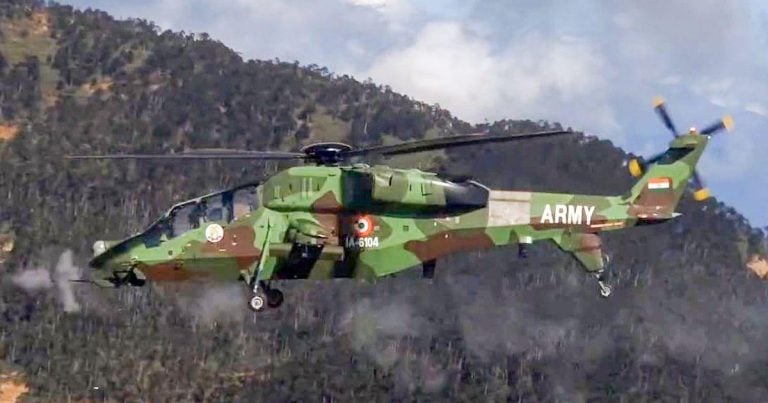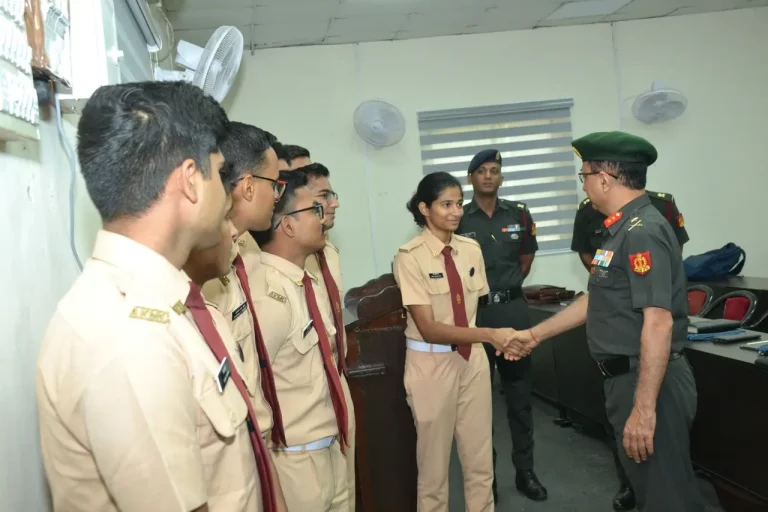In a significant revision of its national security doctrine, India has declared that any future acts of terrorism occurring on its territory will be classified as an “Act of War.” This sweeping announcement indicates the government’s willingness to utilize decisive and proportionate military force, representing a marked escalation in the nation’s counterterrorism strategy.
The change in policy follows the tragic events of April 22, when a coordinated terror attack in the Baisaran Valley of Jammu and Kashmir resulted in the deaths of 26 civilians, including numerous tourists. Government officials have attributed the violence to cross-border elements, particularly militant groups based in Pakistan. Although Pakistan has denied involvement, this incident has prompted India to reassess and redefine its rules of engagement in the face of ongoing threats.
Top government sources indicate that the Indian armed forces are currently on heightened alert, with newly established protocols authorizing immediate retaliation should another terrorist incident occur. This policy shift reflects the belief that traditional diplomatic methods have proven ineffective in deterring such attacks, warranting a more assertive military-oriented response.
Historical comparisons are being drawn to the Defence of India Act of 1915, which granted extraordinary powers to the colonial government during World War I, allowing for preventive detentions and trials without due process in the name of national security. While today’s India operates as a constitutional democracy, these historical references highlight a longstanding inclination to prioritize security in times of crisis.
Reactions within the country have been polarized. Defense analysts largely support the policy, viewing it as a necessary deterrent against state-sponsored terrorism. Conversely, civil rights advocates have expressed concerns regarding the potential erosion of checks and balances that typically prevail in a democracy, particularly in wartime situations.
The announcement’s timing has also sparked discussions about the media’s role in shaping public sentiment during crises. On May 9, the Supreme Court of India overturned a Delhi High Court decision that mandated Wikipedia to remove content related to a defamation case against ANI, the news agency that first reported on the matter. This ruling underscored the critical importance of press freedom, especially in sensitive national contexts.
India’s new stance has attracted the attention of global powers, with both the United States and the United Nations calling for restraint and urging dialogue between India and Pakistan. Nevertheless, existing diplomatic channels have yet to ease tensions effectively. International observers are closely monitoring the situation, wary that a single incident could escalate into a broader conflict between the two nuclear-capable nations.
As India recalibrates its national security strategies, the implications extend beyond regional stability, impacting the global struggle against terrorism. The impending weeks are poised to test not only India’s determination but also the international community’s ability to navigate complex crisis diplomacy.
